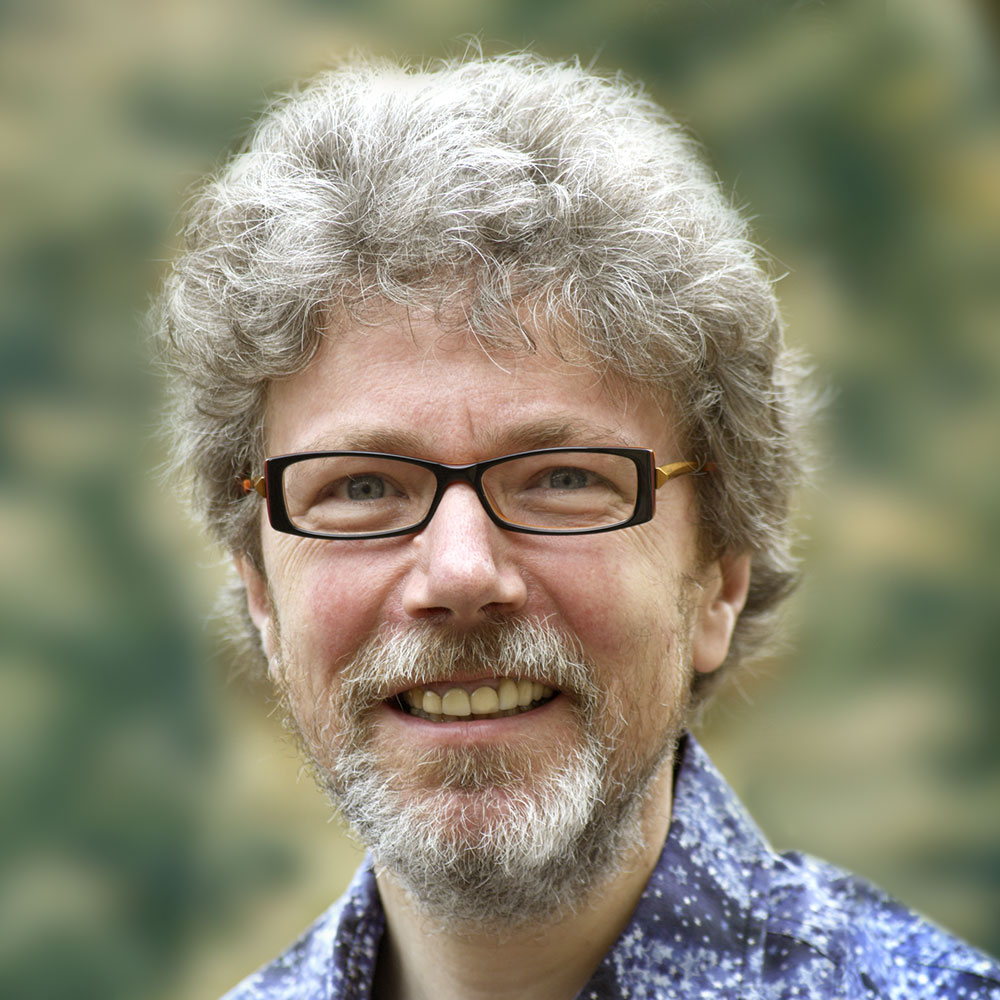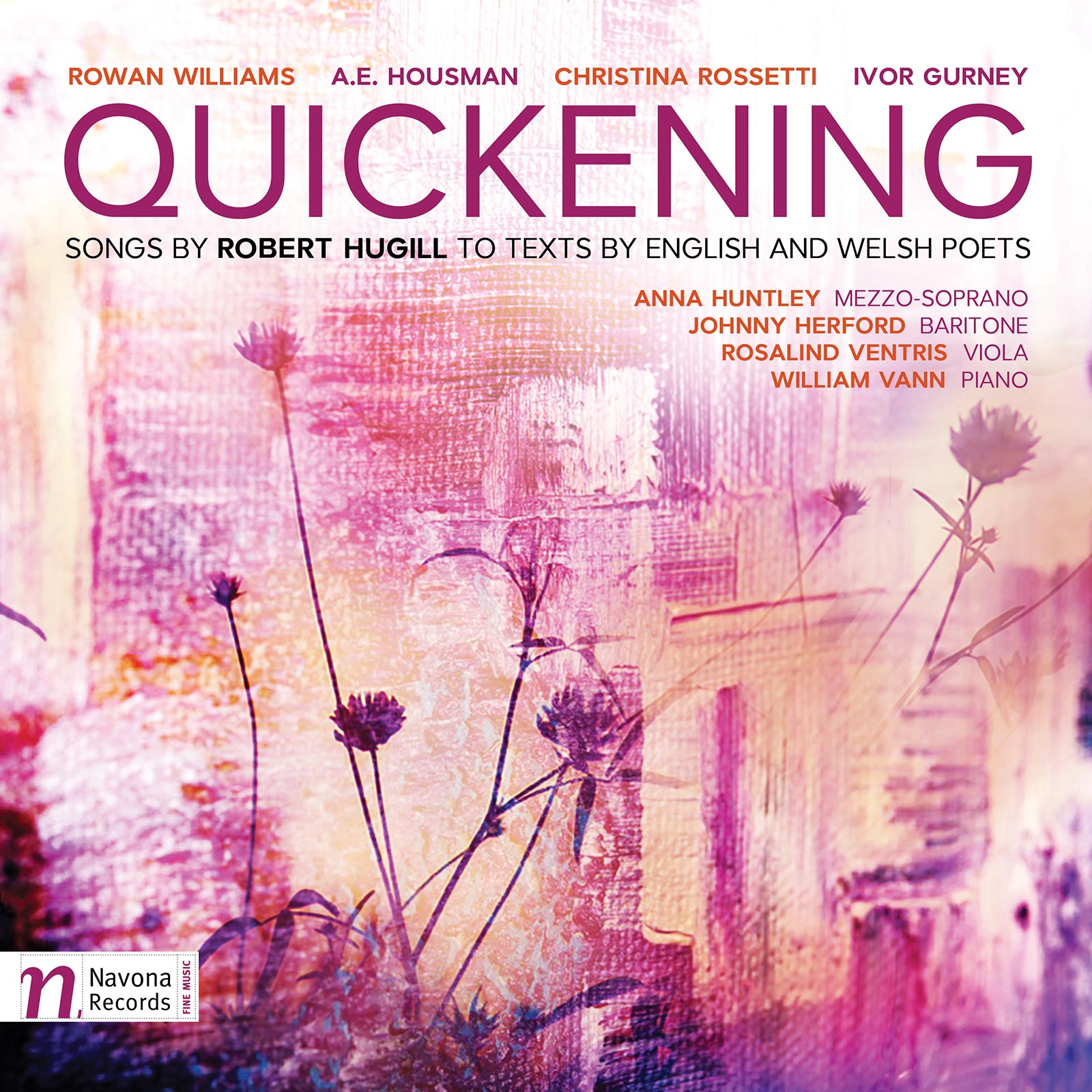
Robert Hugill is a London based composer, journalist, blogger and lecturer. Robert runs the highly regarded classical music blog, Planet Hugill. Robert’s setting of the Advent Prose was premiered by Alistair Dixon and Chapelle du Roi at St John’s Smith Square in December 2014, and they premiered Robert’s setting of Ruth Padel’s Learning to Make an Oud in Nazareth in 2015. London Concord Singers, conductor Jessica Norton, premiere Robert’s motet Dominus illuminatio mea in December 2016 as part of the choir’s 50th anniversary celebrations.
Robert’s cantata The Testament of Dr. Cranmer was issued on disc of Robert’s music on the Divine Art label in 2008, performed by the eight:fifteen vocal ensemble, the strings of the Chameleon Arts Orchestra, Christopher Wilson (tenor), Paul Brough (conductor). Robert’s first opera Garrett was staged at Hoxton Hall in 2001, and his opera When a man knows was staged in 2011 at the Bridewell Theatre, London, in a production directed by Ian Caddy and conducted by David Roblou. Robert’s most recent opera The Genesis of Frankenstein was premiered by the Helios Collective in London in 2016. Robert has recently completed Tempus per Annum, a cycle of 70 motets for the church’s year with over 45 hours of music, and has released all the motets for free download on the CPDL website. Robert’s songs were placed in the English Poetry and Song Society’s A E Housman Competition, Ivor Gurney Competition and Diamond Songs Competition.
Albums
Quickening
Catalog Number: NV6121

